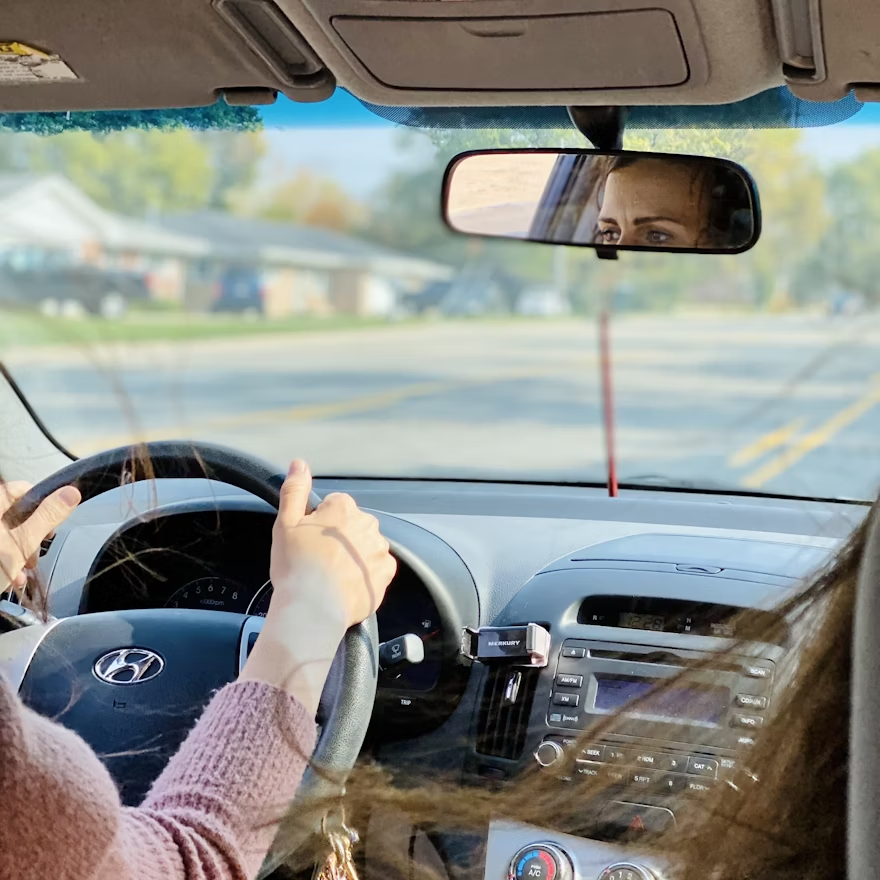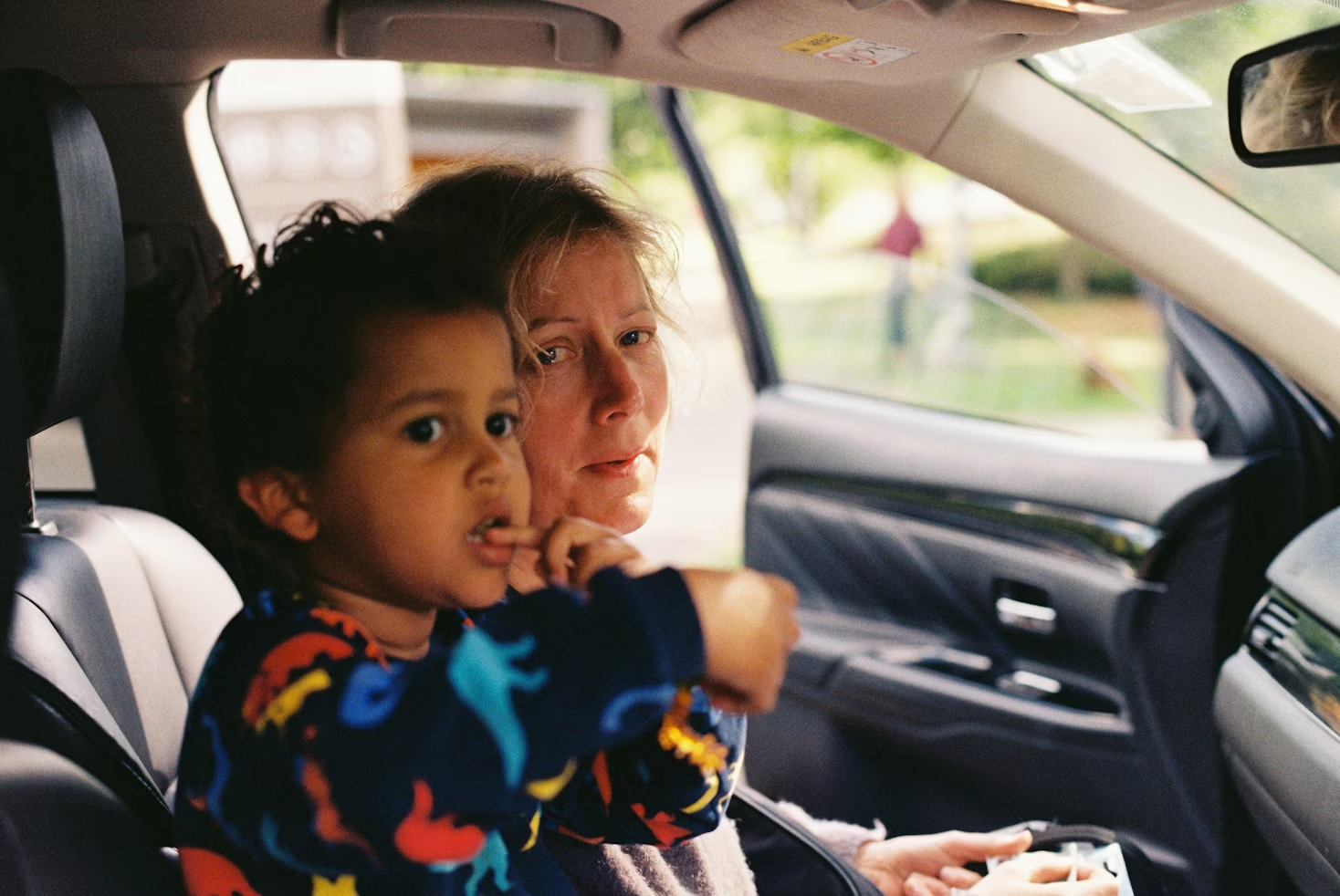Practical Tips for Traveling for Your Child’s Medical Procedures

The pediatric neurologist in Singapore quoted us $45,000. Same surgery in Bangkok? $12,000. That price difference meant we could actually afford to fix our daughter’s condition instead of watching her struggle for three more years while we saved.
But nobody tells you that booking plane tickets for medical treatment feels like betting your child’s health on TripAdvisor reviews. The hospital website shows smiling kids and modern equipment. Great. But will the surgeon understand when your terrified six-year-old only speaks English? Will the nurses know her favorite teddy bear’s name matters more than any painkiller?
Why Parents Become Medical Travel Agents
Every parent in the medical travel Facebook groups has the same story. Local treatment’s either unavailable, has a two-year waitlist, or costs more than their house. So we become reluctant experts in international healthcare systems.
Malaysia for dental and ENT procedures. Thailand for complex surgeries. India for treatments that aren’t even approved yet in Australia. We trade tips about which hospitals have Ronald McDonald Houses and which doctors actually return WhatsApp messages.
The guilt hits differently when you’re choosing your child’s surgeon based on Google reviews and pricing sheets. But sometimes the “best” choice is simply the one you can actually access.
Researching Beyond the Marketing Brochures
Hospital websites are useless. They all claim to be “internationally accredited centers of excellence.” What you actually need to know is whether they have pediatric ICU beds. Whether their anesthesiologists are used to working with kids. Whether someone speaks your language at 3am when your child’s crying.
Join the Facebook groups six months before you travel. Not for the success stories but for the disasters. Who had complications? How did the hospital handle them? Which doctors actually showed up for follow-up appointments?
I called seven parents who’d used our chosen hospital. Not email. Actual phone calls. Asked about the small stuff. How clean were the bathrooms? Could they stay overnight with their child? Did anyone explain what was happening or just expect them to figure it out?
The Money Talk Nobody Wants to Have
That quoted price? Add 40%. Seriously. They don’t mention the pre-surgical tests, medications, extended stay when your child develops a fever, or the taxi rides at 2am because the hospital shuttle doesn’t run overnight.
Our $12,000 surgery became $18,000 by the time we flew home. Still cheaper than Singapore, but those extra six thousand dollars came from selling my mother’s jewelry. Budget for disaster, hope for smooth sailing.
Some procedures make more financial sense than others. Dental work, hearing devices, and certain therapies offer massive savings. A family we met saved $30,000 getting their son’s cochlear implants in Malaysia instead of Sydney. That’s university tuition they wouldn’t have had otherwise.
But factor in multiple trips. You’re going back for adjustments, check-ups, and when things need fixing. That cheap surgery gets expensive when you’re flying back every three months.
The Paperwork Marathon From Hell

Medical records need translating, but Google Translate won’t cut it. Medical terminology translated wrong could mean your child gets the wrong procedure. We paid $800 for professional medical translation. Worth every cent when the surgeon immediately understood my son’s complex history.
Get everything notarized. Then get copies notarized. Then scan everything and email it to yourself, your spouse, and someone back home. The day your child’s in pre-op is not when you want to discover the hospital needs some form you left in the hotel safe.
Insurance companies are allergic to international procedures. Ours covered “emergency treatment abroad” but not “planned medical procedures abroad.” The difference? About $40,000. Read every subsection of your policy. Then call and get their refusal in writing. You’ll need it for tax deductions later.
Protecting Yourself Legally in Medical Tourism
Here’s what nobody discusses. If something goes catastrophically wrong in a Thai hospital, what’s your recourse? Australian law doesn’t reach Bangkok operating rooms. Your travel insurance has seventeen exclusions for pre-planned medical procedures.
Document everything obsessively. Every conversation, every medical decision, every medication given. Take photos of your child’s condition daily. Not because you’re planning to sue, but because if you need to, this evidence disappears fast once you’re back home.
We met a family whose daughter was injured in a taxi accident going to the hospital in Kuala Lumpur. The hospital bills tripled. The taxi company disappeared. They needed specialized car accident lawyers just to understand which country’s laws applied. International incidents get complicated fast.
Your Breaking Point as a Caregiver
While planning your child’s surgery, nobody asks about your health. But you’re about to spend weeks sleeping on hospital chairs, eating convenience store food, and stress levels that would kill a marathon runner.
My back gave out on day four of my daughter’s recovery. Literally couldn’t stand up. There I was, supposed to be caring for my post-surgery child, and I couldn’t even lift her teddy bear. The hospital had to find me a physiotherapist while my kid was still on IV drips.
Plan for your own collapse. Bring backup caregivers if possible. My sister flew in just to be the spare parent. When I inevitably crashed from exhaustion, she took over seamlessly.
The Other Children Nobody Mentions
Your sick child’s siblings either get dragged along or left behind. Both options suck. We brought our older son, thinking he’d help. Instead, he spent three weeks angry that everything revolved around his sister’s medical needs.
Hotels near hospitals are depressing. They’re full of sick people and worried families. Not exactly Disneyland for your healthy kids. We finally found a serviced apartment with a pool. That chlorinated rectangle saved our sanity. The healthy kid could play while we took shifts at the hospital.
Some parents leave siblings with relatives. Sounds logical until you’re video-calling your crying five-year-old who thinks you’ve abandoned them for their sick sibling. There’s no winning, only choosing which guilt you can live with.
Accommodation Nightmares and Small Victories

“Walking distance to the hospital” means different things in different countries. In Bangkok, it meant crossing six lanes of traffic with no crosswalk. With a child on crutches. In the rain. We moved hotels after one day.
Serviced apartments beat hotels every time. You need a kitchen. Hospital food gets old fast, and your kid will want familiar food during recovery. That overpriced tin of Milo from the import store will be the best $15 you spend.
Ask about medical rates when booking. Some places offer discounts for families with hospital appointments. One guesthouse owner, whose own daughter had surgery there years ago, knocked 30% off our bill without us asking.
School and the Real World Don’t Stop
Teachers say they understand, then send passive-aggressive emails about missed assignments. Get everything in writing before you leave. What work must be completed? What can be skipped? When do you need to seriously discuss repeating the year?
Our daughter missed seven weeks of grade three. The school wanted her to repeat. We fought it and won, but it took letters from three doctors explaining that recovery required those seven weeks. Document the medical necessity of every missed day.
Employers are weird about medical travel. “Why can’t you just get it done here?” becomes a constant question. One mother I know lost her job because she took six weeks for her son’s surgery in India. Legal? Probably not. Did she have energy to fight it while managing her child’s recovery? Also no.
When Parents Need Medical Attention Too
The cruel irony? Many parents traveling for their child’s medical care are dealing with their own health issues. Chronic conditions don’t pause because you’re in a foreign hospital. Neither does the arthritis that’s been destroying your knees for years.
I met a father who scheduled his own total knee replacement surgery for six months after his son’s heart procedure. Should have done it before. He spent three weeks carrying his post-surgery child up hospital stairs because his knees couldn’t handle it anymore.
Your body will betray you at the worst possible moment. Pack every medication you might need. Bring double. Thai pharmacies won’t have your specific brand of blood pressure medication when you need it at midnight.
Coming Home Isn’t the Happy Ending
The surgery’s successful. You’re flying home. Everything’s great, right? Except now you need to find local doctors who understand what was done overseas. Many refuse to take over care they didn’t initiate.
Our local ENT wouldn’t touch my daughter’s ears for six months. If something went wrong, he didn’t want liability for another surgeon’s work. We drove two hours each way to find someone who’d provide follow-up care.
Keep every surgical note, every medication list, every test result. Australian doctors will want to repeat half the tests anyway, but at least you can argue with evidence.
The Brutal Truth About Medical Travel
It works. Our daughter can hear now. Our bank account’s not destroyed. But those three weeks aged me five years. You’re making life-altering decisions in foreign countries while sleep-deprived and terrified.
Would we do it again? Tomorrow if needed. But we’d bring more help, more money, and lower expectations about everything except the actual medical care.






